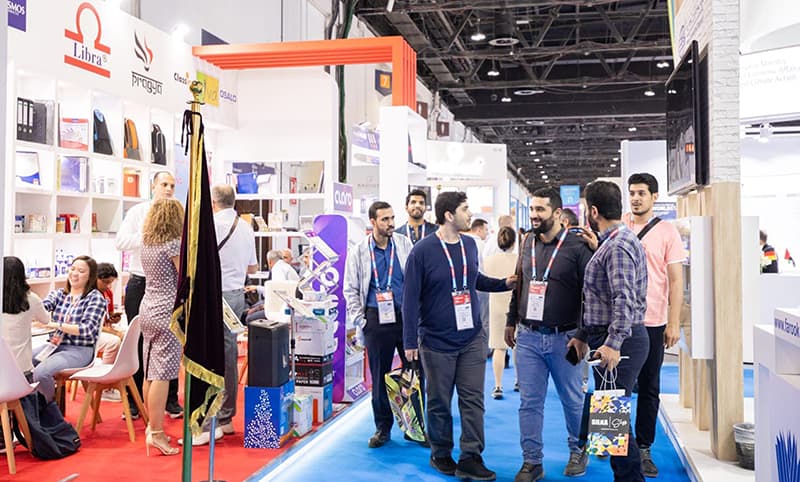The surge in office and education sectors in the Middle East and Africa (MEA) region is driving significant growth in paper and related products, according to findings by 6Wresearch. The global market research and consulting firm estimates that market revenues for paper and paper products will reach $16.4 billion by 2030, growing at a CAGR of 3.4%.
The office sector in the UAE employs 64% of the country’s workforce and contributes to over half of the nation’s GDP. In 2024, Dubai is expected to expand its office space by an additional 44,000 square metres, while Abu Dhabi plans to add 1,12,000 square metres. In Qatar, 3,50,000 square metres of additional office space is planned this year.
A growing number of multinational corporations are choosing Riyadh as the location for their regional headquarters, where office occupancy levels are currently around 98%. Over the next three years, it is predicted that 6,76,000 square metres of office space will be added in Saudi Arabia’s capital, while demand for office space in Jeddah is also growing.
“The increased demand for office space in the Middle East region will directly boost the office supplies industry, with paper, paper products, and stationery being important components of this segment. As a result, we expect an uptick in sales of products such as writing printing paper, writing utensils, and other office supplies equipment,” says Syed Ali Akbar, show director for Paperworld Middle East and Gifts & Lifestyle Middle East.
The Middle East and Africa schools supply market is expected to rise from $7 billion this year to $8.9 billion in 2030. According to UNESCO, Africa needs at least nine million new classrooms and 9.5 million additional teachers by 2050, with new schools and classrooms already under construction.
The International Schools Attraction Program of the Royal Commission for Riyadh City (RCRC), launched in partnership with the Ministry of Investment and the Ministry of Education, aims to attract major international schools to Riyadh. Three new British schools are set to open in the Saudi capital between 2024 and 2026.
In Dubai, over 3,65,000 students are currently enrolled in private schools in Dubai. Due to population growth and significant investments in the sector in the UAE, the education market is expected to grow at a steady rate. In 2022, the UAE government allocated $5.18 billion to the education sector, representing approximately 14% of the total federal budget.
“As investments in the education sector continue to grow and the number of schools and students rises, there will be increased demand for school bags, pencil cases, paper, and paper products such as exercise books, blocks, folders, and other stationery products in the coming years. Paperworld Middle East will meet this growing need by showcasing the latest products and innovations from around the world, under one roof,” adds Akbar.
Paperworld Middle East is the largest international trade show for stationery, paper, and office supplies. This year’s event theme is ‘Crafting Global Connections’, highlighting the exhibition’s role as a central hub for the industry worldwide. The exhibition will feature over 480 exhibitors from 40 countries and is estimated to attract 12,000 visitors.
Paperworld Middle East showcases the full spectrum of paper products, including office supplies, school articles, stationery supplies, writing instruments, writing printing paper, and arts and crafts products. A new addition this year is kraft paper and packaging, a segment that is growing in popularity due to the increased demand for sustainable packaging solutions.
Paperworld Middle East, co-located with Gifts & Lifestyle Middle East, will be held in halls 5-8 at the Dubai World Trade Centre.
For more information, log on to www.paperworldme.com
